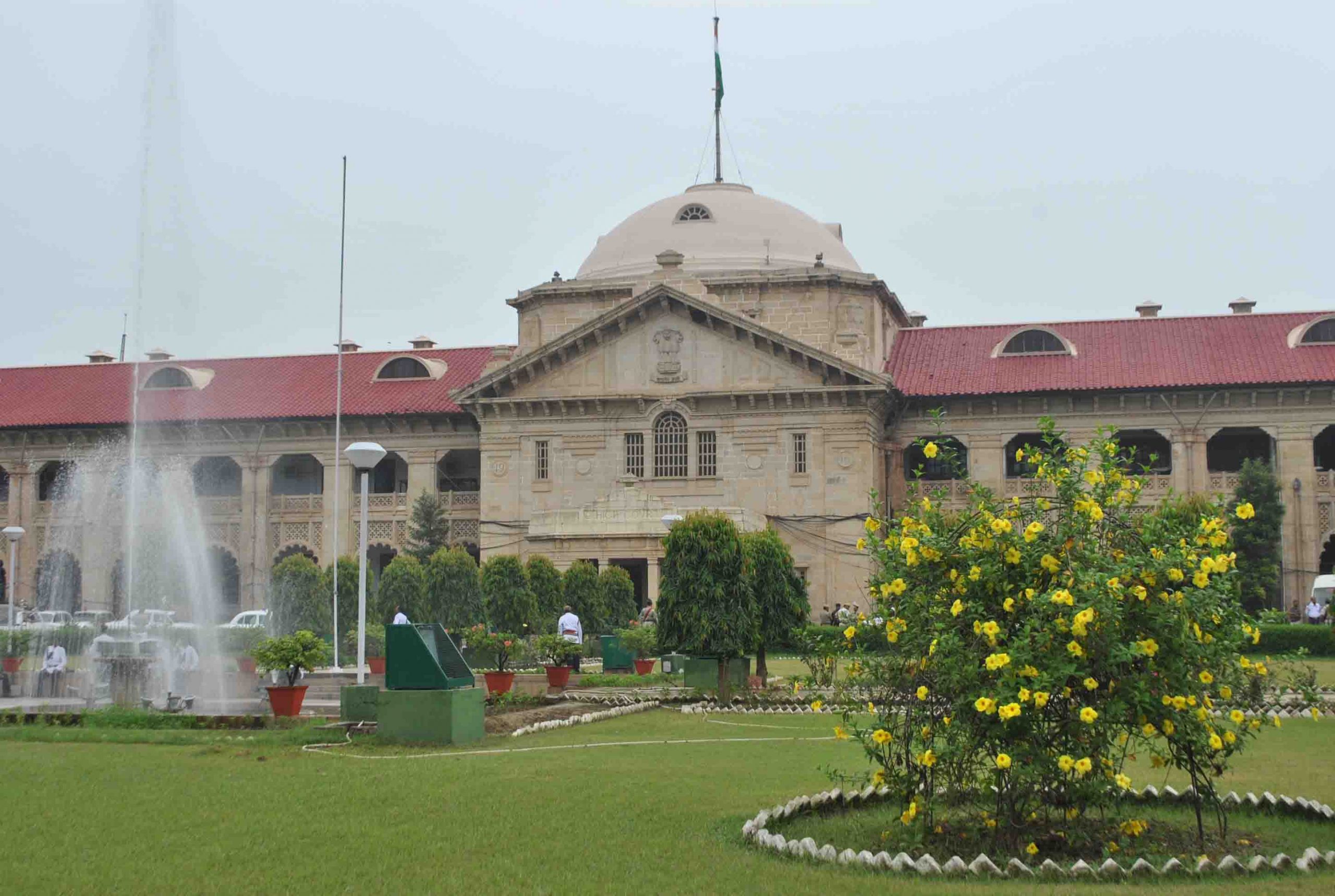
The Allahabad High Court said that the permission of the government is not necessary to prosecute a public servant for offences like criminal conspiracy, misconduct or taking undue advantage. The court said that the trial can go on without permission.
The division bench of Justices Surya Prakash Kesarwani and Ravi Nath Tilhari clarified that the protection of section 197 of CrPC is available to the public servant only for the offences committed while performing the duty. The permission for prosecution is not necessary if the offence is committed other than on duty.
The court stated that an accused public servant who claims protection under Section 197 of the CrPC, has to show that there is a reasonable connection between the act on which the complaint is and the discharge of official duty. An official act can be performed in the discharge of official duty as well as in dereliction of it. The act of the accused complained of must be such that the same cannot be separated from the discharge of official duty.
But where there is no reasonable connection between the act complained (about) of and the performance of official duties, no sanction under Section 197, CrPC would be required. In order to come to the conclusion whether a claim of the accused that the act which he did was in the course of performance of his duty was a reasonable one and neither pretended nor fanciful, can be examined during the course of trial by giving an opportunity to the defence to establish it.
Earlier, in one of the matter, before the Nagpur bench of Bombay High Court has held that government sanction to prosecute every public servant is not required under Section 197 of the Criminal Procedure Code (CrPC) unless proved otherwise.
In D. Devaraja vs. Owais Sabeer Hussain [Criminal Appeal No. 458 of 2020 ] the court observed an offence committed entirely outside the scope of the duty of the police officer, would certainly not require sanction. To cite an example, a policeman assaulting a domestic help or indulging in domestic violence would certainly not be entitled to protection. However, if an act is connected to the discharge of the official duty of investigation of a recorded criminal case, the act is certainly under the colour of duty, no matter how illegal the act may be.
Image curtsey: Nooyz





